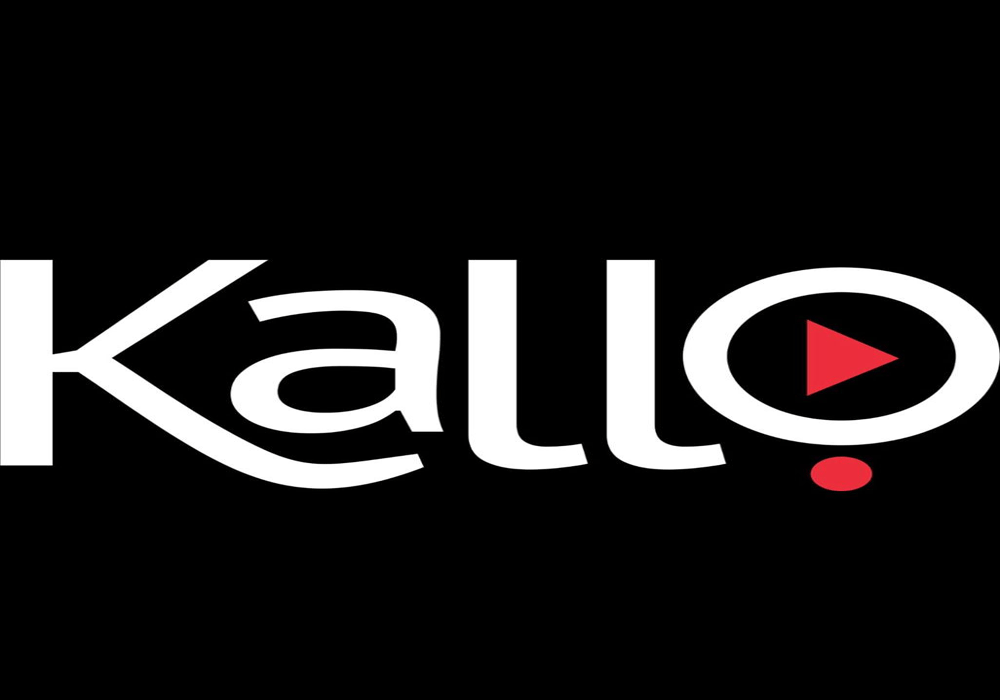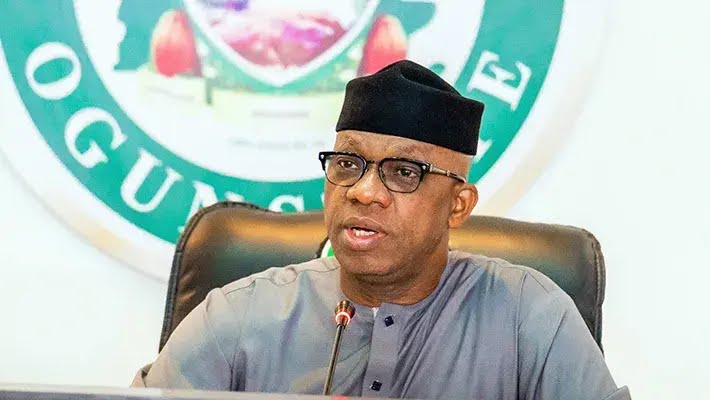NEWS
Kallo.ng: Purely Hausa streaming movie platform takes off

By EdozieObasi-Eze
For the first time in the history of the entertainment industry, a purely Hausa speaking movie streaming platform, called Kallo.ng, has taken-off.
Managing Director and Chief Executive of Kallo.ng, Maijidda Modibbo, said the streaming platform, would connect lovers of Hausa entertainment and culture from the comfort of their homes and make them further value their culture and heritage.
Noting that movies and music reflect the society, she said all the contents on Kallo.ng, would be such that entertain, teach morals and also educate the viewers more about the culture, standards, rules, accepted behaviours and expectations of the Hausa community.
Her words, “The objective of Kallo.ng, is to entertain Africans on the continent and in the diaspora by providing quality content aimed at promoting culture, tradition and customs thereby bringing Africans closer to home irrespective of their location on the globe through this uninterrupted platform.”
Kallo.ng, according to her, would be providing content from classics to the latest modern movies, series, documentaries and music of all genres.
“You can watch on our website or by downloading the Kallo app on your laptops and android devices,”Madibbo said.
All it requires to be a part of the Kallo.ng family is just to get it downloaded from your mobile phone play store or from the website.
She also explained that “At Kallo.ng, we understand the integral role Hausa movies play in informing and inspiring change through engaging and entertaining diverse audiences. In particular, classic dramas played significant roles at different stages of our lives and helped many connect with their cultural heritage…This is why we are connecting the present with the past by bringing to homes old classics and soaps that ruled the airwaves years gone by for the benefit of the new generations.
NEWS
No Place For Sharia Court In Ogun State, Says Gov Abiodun

The Governor of Ogun State, Dapo Abiodun, has issued a stern warning against any attempt to establish a Sharia Court in the state without legal authorization.
This comes in response to the circulation of a digital notice announcing the launch of such a court.
In a statement personally signed on Tuesday, Governor Abiodun emphasized that Sharia Courts cannot be legally established by individuals or groups outside the provisions of the Nigerian Constitution.
READ MORE: Monarch Crisis: Ogun Court Strips Macgregor Of Olu of Orile Ilawo Title
He reaffirmed that the state government only recognizes courts constituted through the legal framework of the Constitution and state laws.
“No Sharia Court is authorized to operate within Ogun State,” Abiodun stated. “The courts legally empowered to adjudicate disputes in the state are Magistrates’ Courts, High Court, Customary Courts, Customary Court of Appeal, Federal High Court, National Industrial Court, Court of Appeal, and Supreme Court.”
He further clarified that Sharia law does not form part of the legal framework in Ogun State and warned against the operation of unauthorized courts or assemblies.
According to the Governor, the state government respects the rights of individuals to practice their religion and apply their faith in personal matters.
However, this freedom does not extend to the creation of institutions or courts without proper legal backing.
Governor Abiodun directed all individuals involved in the creation or operation of the illegal Sharia Court to immediately cease all activities and disband the entity.
He also urged the public to disregard any summons, documents, or communications from the unauthorized court and to report such incidents to the authorities.
“The Ogun State Government will uphold the rule of law, ensure respect for the legal and judicial framework within the state, and prevent any breakdown of law and order,” the statement concluded.
NEWS
JUST IN: Tinubu Returns To Abuja After Energy Summit In Tanzania
President Bola Ahmed Tinubu has returned to Abuja after attending the Africa Heads of State Energy Summit held in Dar es Salaam, Tanzania.
The presidential aircraft, 001, landed at the Nnamdi Azikiwe International Airport at 7:40 pm on Tuesday, according to the State House media office.
The President was received by top government officials, including the Minister of the Federal Capital Territory, Nyesom Wike, and the National Security Adviser, Nuhu Ribadu.
READ ALSO: ‘I Can Only Be Removed At A National Convention – PDP’s Samuel Anyanwu Declares
The summit, organized by the Tanzanian government in partnership with the African Development Bank Group and the World Bank, centered on advancing “Mission 300,” an initiative designed to provide electricity access to 300 million Africans by 2030.
During the event, African leaders, private sector representatives, development partners, and civil society organizations discussed strategies to overcome the continent’s energy challenges.
Discussions focused on renewable energy, energy efficiency, and accelerating energy access in underserved regions, with an emphasis on mobilizing private sector investment.
On the opening day, ministers from participating nations presented their national energy strategies, known as compacts, which outlined their plans to achieve universal energy access within five years.
The summit culminated in the endorsement of the Dar es Salaam Energy Declaration by Heads of State, including President Tinubu, which charts a unified path for achieving the goals of Mission 300.
In his address, Tinubu reaffirmed Nigeria’s leadership role in Africa’s energy sector and emphasized the country’s commitment to universal energy access.
He highlighted Nigeria’s ongoing clean energy initiatives and detailed its strategy for integrated energy delivery across the continent.
“Nigeria remains committed to achieving universal access to energy and will continue to champion solutions that integrate renewable energy and enhance efficiency across Africa,” Tinubu said.
The President was accompanied by key members of his administration, including the Minister of State for Foreign Affairs, Bianca Odumegwu-Ojukwu; Minister of Power, Adebayo Adelabu; and Special Adviser on Energy, Olu Verheijen.
International News
Fire Breaks Out On Air Busan Plane In South Korea, One Injured
An Air Busan passenger plane caught fire at Gimhae International Airport in Busan, South Korea on Tuesday, forcing the evacuation of 176 people on board, Yonhap News Agency reported.
The incident occurred at around 10:30 p.m. local time (1330 GMT) as the aircraft, which was bound for Hong Kong, ignited near its tail section.
A total of 169 passengers and seven flight attendants were evacuated using inflatable slides, Yonhap reported.
SEE ALSO: South Korean Court To Decide Fate Of Detained President Yoon Suk Yeol
One person sustained injuries during the evacuation, but no further details about the injury or the fire’s cause were immediately available.
South Korea’s Busan fire authorities were not reachable for comment, according to AFP.
This incident comes just weeks after South Korea’s worst aviation disaster in decades.
Recall that on December 29, a Jeju Air Boeing 737-800 crash-landed and exploded after striking a concrete barrier at Muan International Airport.
The crash killed 179 of the 181 passengers and crew on board.
According to Flightradar24, Air Busan’s fleet is composed entirely of Airbus aircraft.
The cause of Tuesday’s fire is under investigation.













